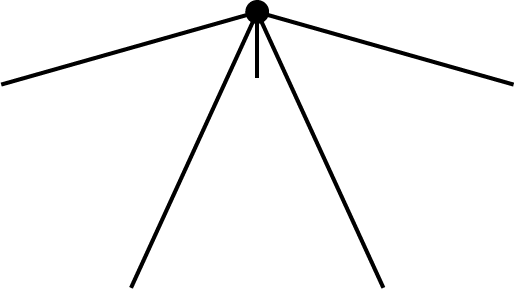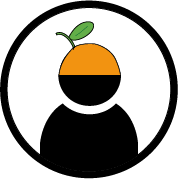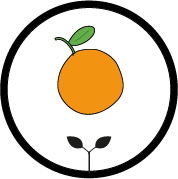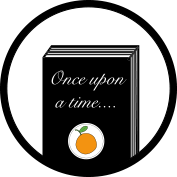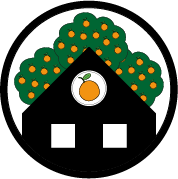
Login
Please fill in you contact details.
Change password
Please type your email address and we'll send instructions on how to reset your password
The Family
 We are the third generation of cultivators of citrus fruits in Valencia. We are the Úrculo siblings Gabriel, Gonzalo, Fernando and Patricia: Young farmers of the 21st century that have surrounded themselves with the best team of engineers, harvesters, designers and beekeepers to make this agricultural project 2.0. reality.
We are the third generation of cultivators of citrus fruits in Valencia. We are the Úrculo siblings Gabriel, Gonzalo, Fernando and Patricia: Young farmers of the 21st century that have surrounded themselves with the best team of engineers, harvesters, designers and beekeepers to make this agricultural project 2.0. reality.Naranjas del Carmen connects agriculture and apiculture with humans. We are obsessed with seasonal fruits with a lot of taste cultivated on our fields in Valencia which we ship all over Europe by simply clicking on naranjasdelcarmen.com.
The team of Naranjas del Carmen consists of diverse people such as the computer scientist responsible for the functioning of the website or the beekeeper caring for the bees that pollinate our trees. We are a multicultural family whose members come from 10 different countries.
After you have placed your order on our website, created by the computer scientist, those of us working on the field and harvesting your oranges, clementines or the other products of our orchard (tomatoes, artichokes, melons, etc.) receive the information. The same day the fruits and vegetables are picked, the shipping company collects your box so that it arrives safe and sound at the requested address.
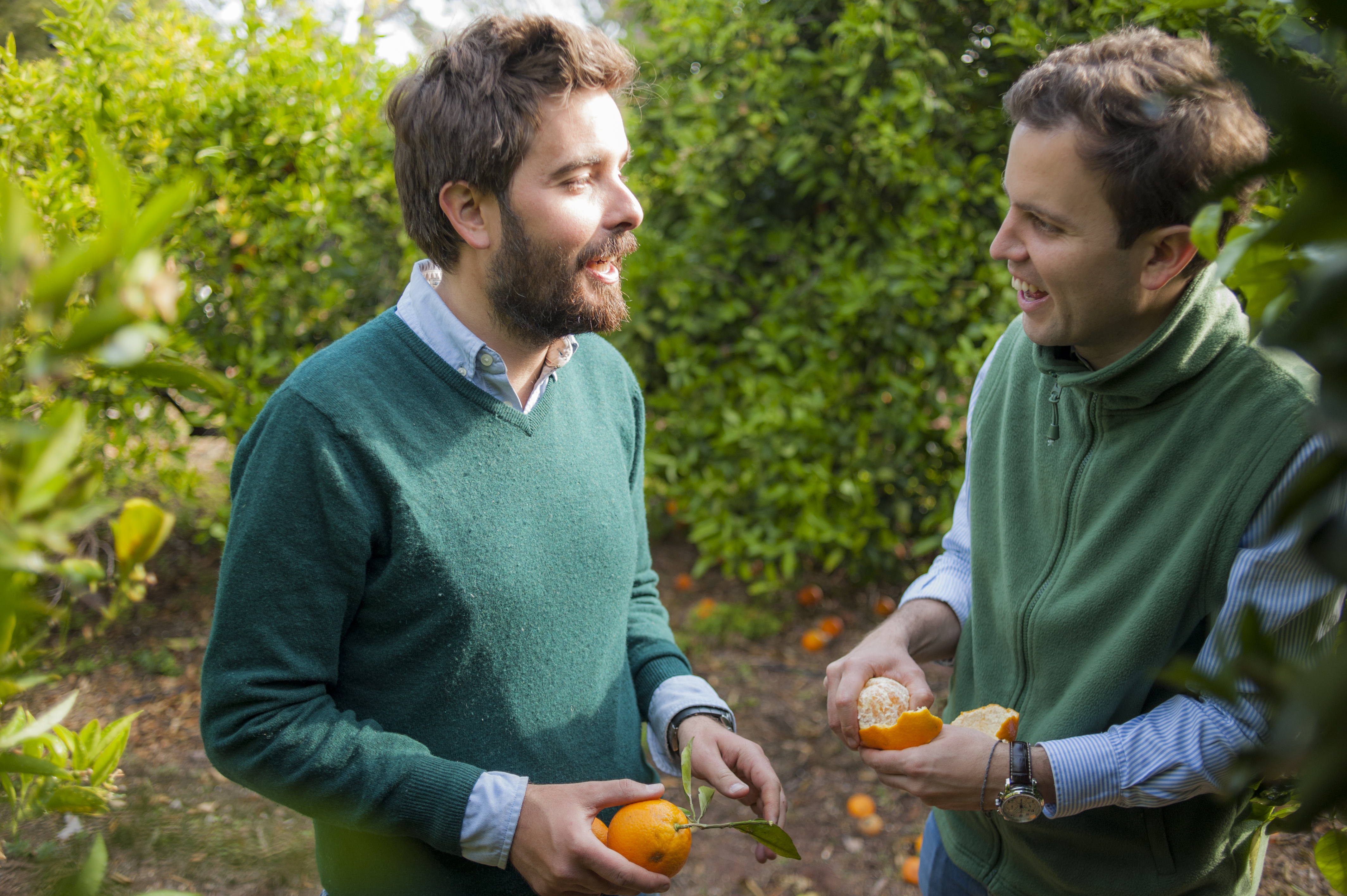
Our Philosophy
Obsessed with (shared) happiness.

Our brand owes its name to the oranges we cultivate. Their colour represents the enthusiasm, joy for life and optimism of our team.
Since the day we founded Naranjas del Carmen, our philosophy has not changed: we want to be happy while doing what we do. We have understood that the best way to become happy is to create happiness in others. Hence, happiness is a duty and a key factor to reach our quality standards at the same time.
Since the day we founded Naranjas del Carmen, our philosophy has not changed: we want to be happy while doing what we do. We have understood that the best way to become happy is to create happiness in others. Hence, happiness is a duty and a key factor to reach our quality standards at the same time.
True to honest farming and responsible consumption

The philosophy of Naranjas del Carmen is the result of different influences and experiences made in our working and family life, as well as in our social environment. We are thrilled by various social and agricultural approaches which have sustainably shaped our philosophy until today. A few techniques we have learned from books, some others resulted out of our common sense and most of them we got to know from other farmers of all different age groups while having lunch together.
Our golden rule is quality instead of quantity. Quality means for us above all pure and fresh products ripening in a completely natural way. Furthermore, on our plantation we do not apply any pesticide and we do not use any herbicide to treat the soil of our fields. Instead, we control the plants that are often wrongly referred to as weeds. They accommodate the natural enemies of pests that could infect our trees. In doing so, thanks to the natural biodiversity we can keep up the balance between pests and their enemies. They key to all of this: trial and error.
Our golden rule is quality instead of quantity. Quality means for us above all pure and fresh products ripening in a completely natural way. Furthermore, on our plantation we do not apply any pesticide and we do not use any herbicide to treat the soil of our fields. Instead, we control the plants that are often wrongly referred to as weeds. They accommodate the natural enemies of pests that could infect our trees. In doing so, thanks to the natural biodiversity we can keep up the balance between pests and their enemies. They key to all of this: trial and error.
Connecting humans with their food

We want to cultivate only what is really going to be consumed. We love to work knowing that there is someone already patiently waiting for the harvest we cultivate. We are conscious that there are people interested in what they eat and who ask for more information about their food: where it comes from, when it has been picked, by whom and how it has been cultivated. The direct and transparent relationship between farmer and consumer is key to a high quality production and the prevention of food waste.
Our philosophy: An honest cultivation of seasonal products, harvested and shipped on demand. Our fruits and vegetables rest in our orchard until they are ordered. We do not warehouse. After the harvest we ship them directly to the people having placed their order on this website.
Our philosophy: An honest cultivation of seasonal products, harvested and shipped on demand. Our fruits and vegetables rest in our orchard until they are ordered. We do not warehouse. After the harvest we ship them directly to the people having placed their order on this website.
Real actions and thoughts

What we do is real. We know that the long-term success of our work does not solely depend on us, but on the natural resources. Hence, both, the way we act towards our environment, as well as among each other and towards you, who have become members of the family of Naranjas de Carmen, is sincere.
We want to make our cultivation process completely transparent. Therefore, we have integrated the people consuming our harvest in the decision making process of our daily routine and share with them both the moments of joy agriculture brings as well as the difficulties resulting from a completely natural cultivation.
And thereby putting passion, creativity and effort in EVERYTHING we do

Standing still is something we don’t know: We love challenges and are constantly looking for new ideas to improve our work. For us, agricultural innovation does not equal the usage of more chemical products. It means being more efficient with the resources available, more creative when improving quality and using more technology in order to make you part of our daily routine. We are a multicultural team consisting of people from 10 different countries, having different ages and different skills and all of us have one common goal: live the real agriculture.
Our plantation
View of the orange trees in summer and the Masía
The first basil plants of Naranjas del Carmen
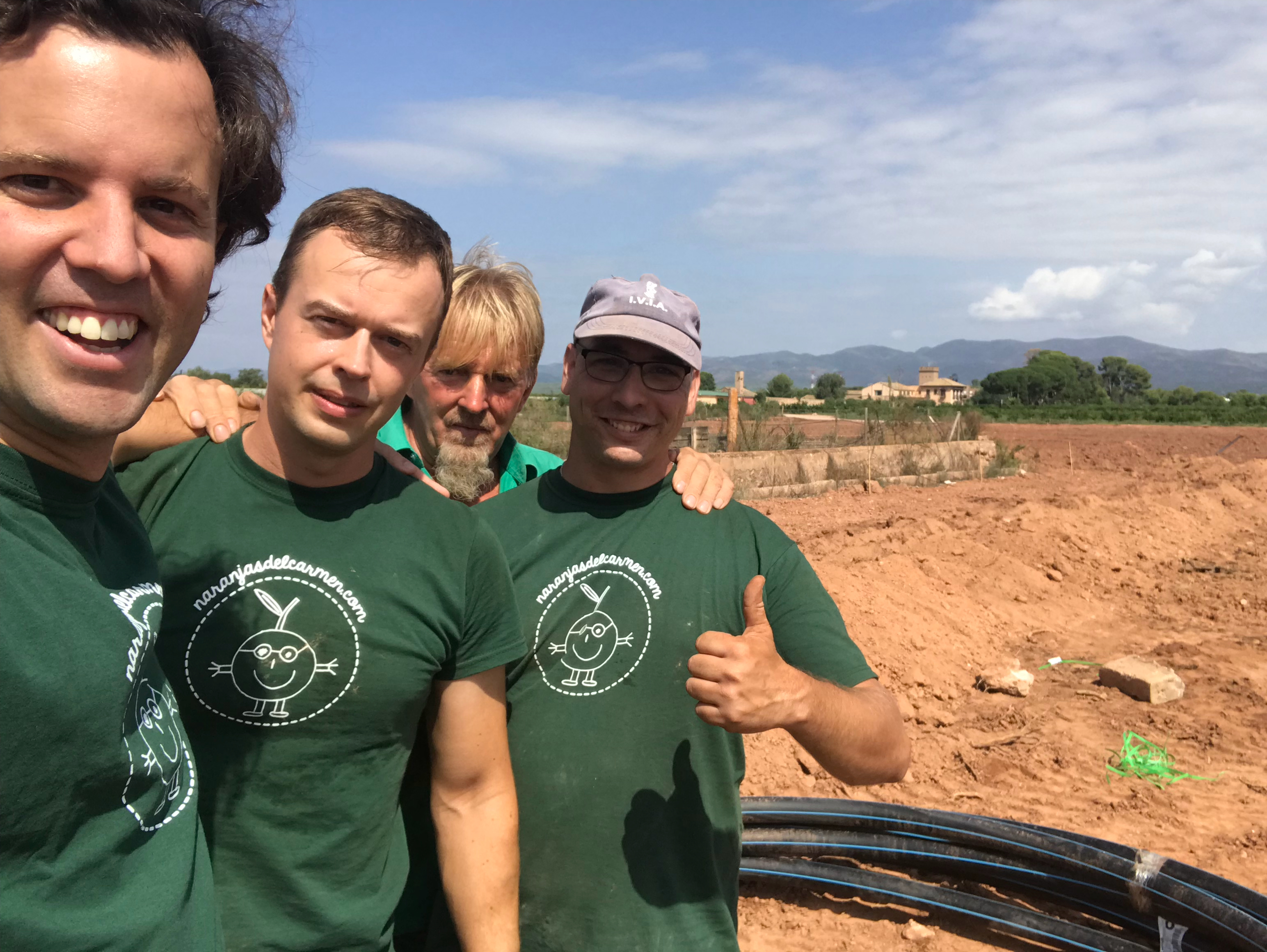
Part of the team installing irrigation pipes
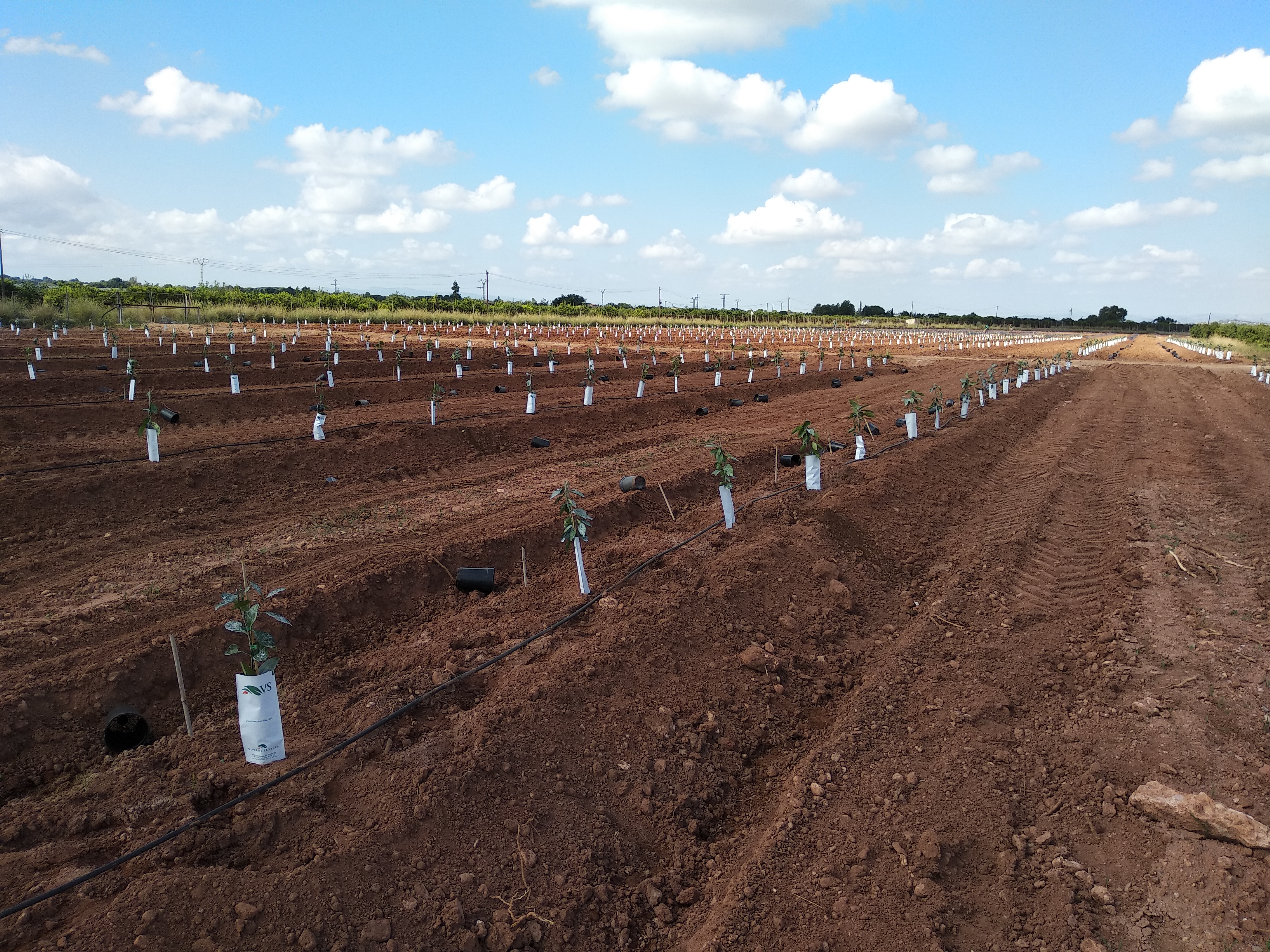
Orange trees planted during summer 2018
Gonzalo and Gabriel
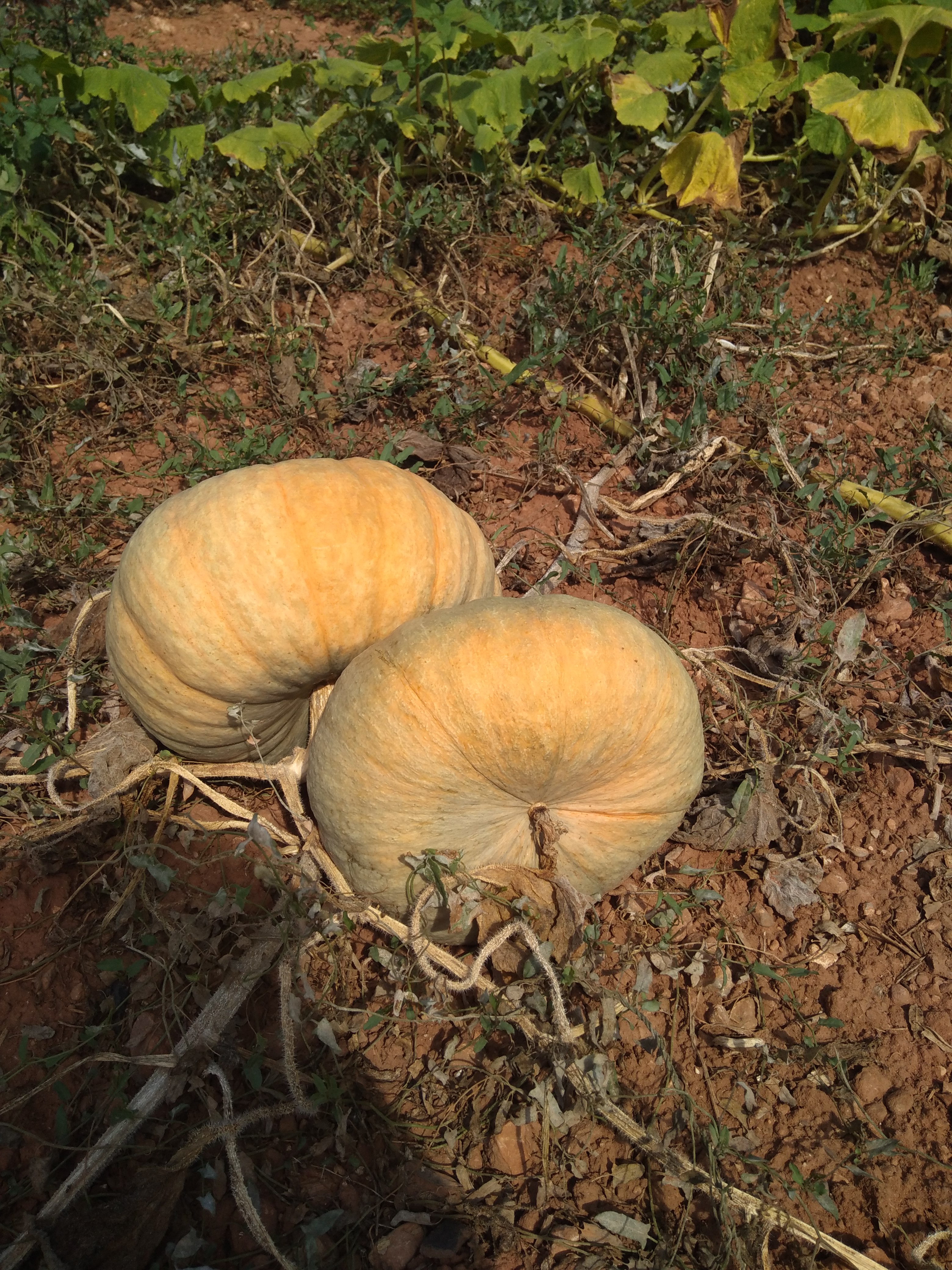
Two beautiful Valencian pumpkins
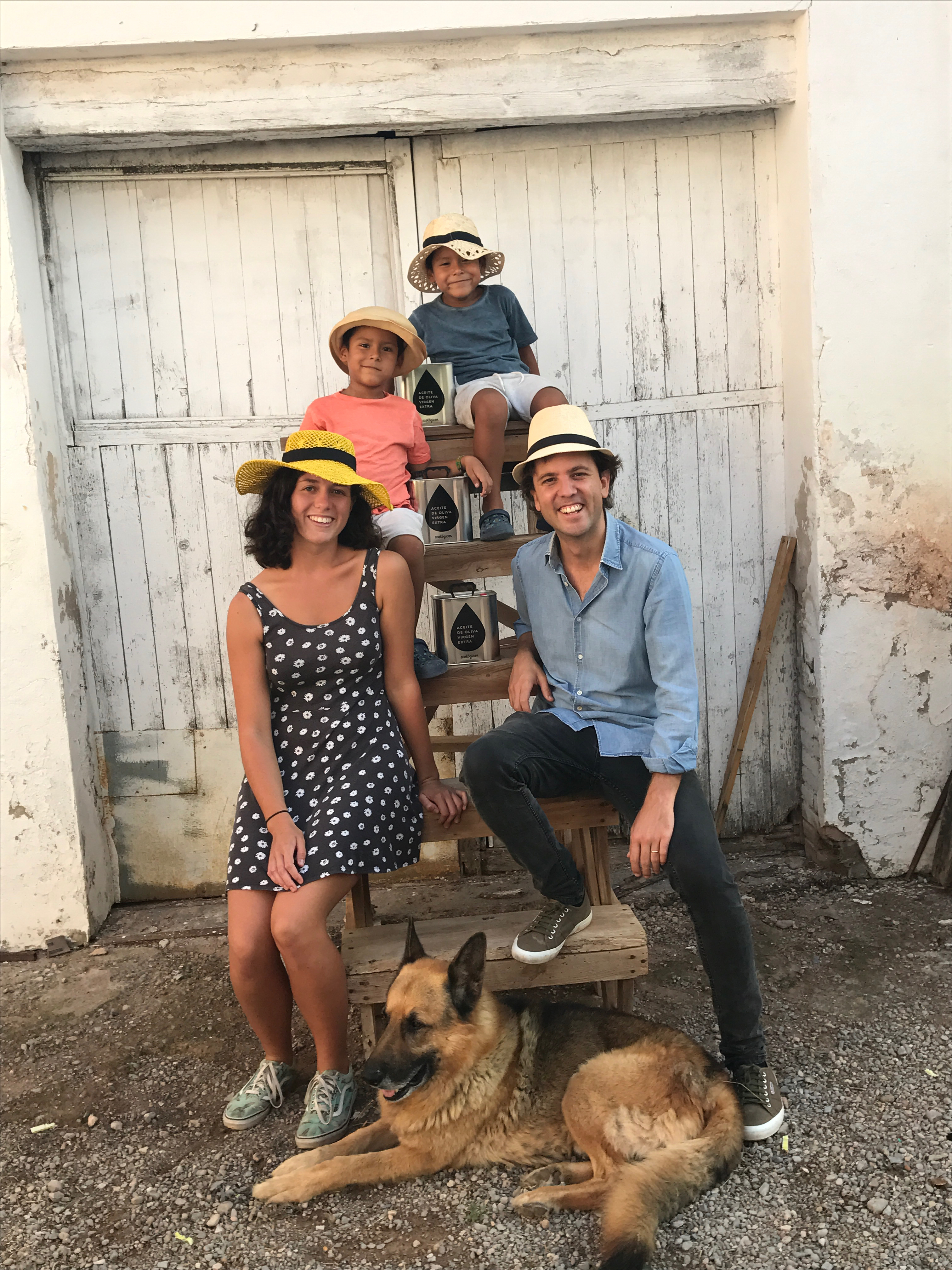
Gonzalo and his friends Lauriane, Castor & Ardilla
Thor and Gonzalo with pomelos
Pelusa winking for the picture
First orange trees planted for Crowdfarming
Bee pollinating an orange blossom
Recently grown lemon
Lemon trees bearing already ripe fruits
Planting tomatoes
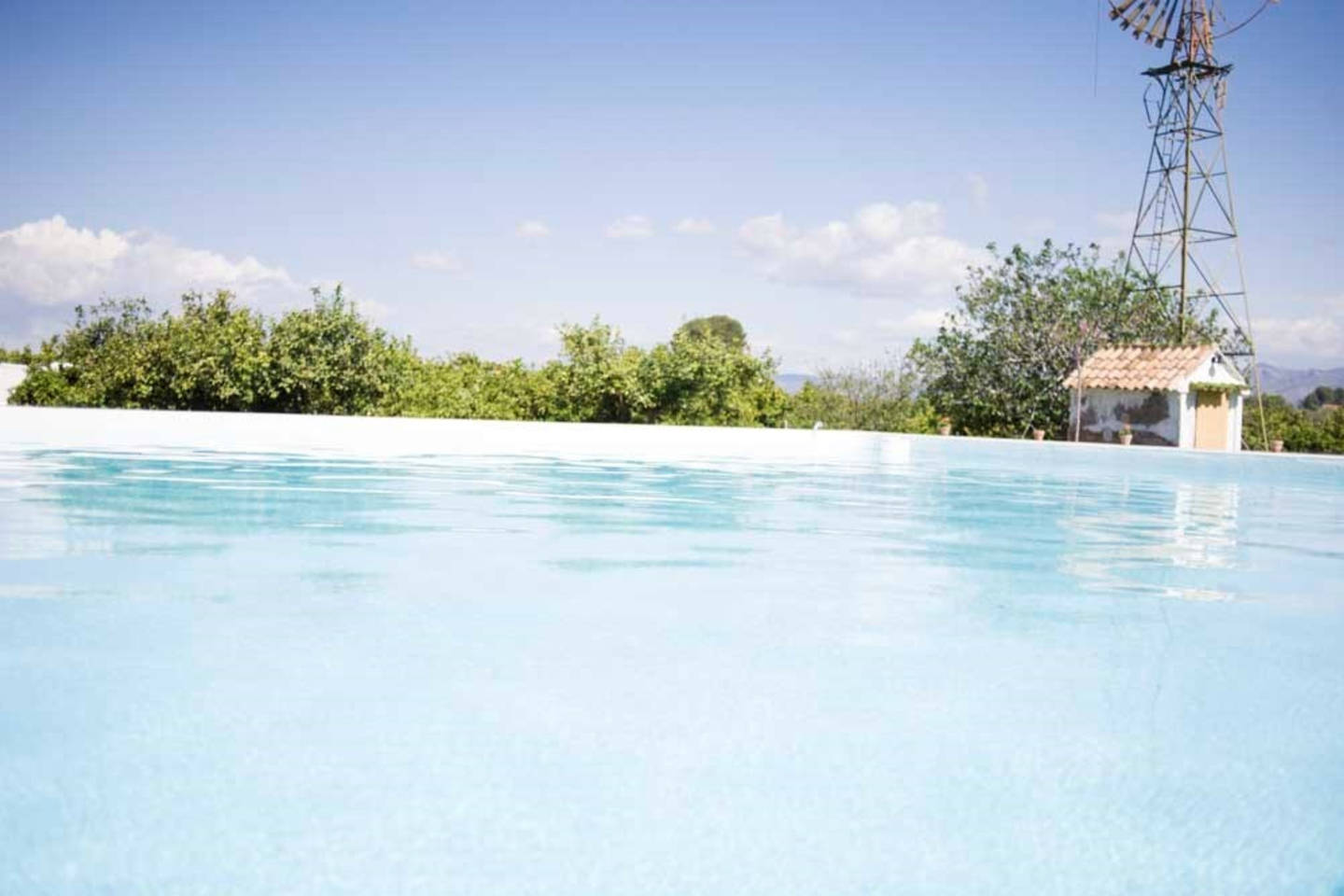
The water irrigation pond
Orange blossoms about to bloom
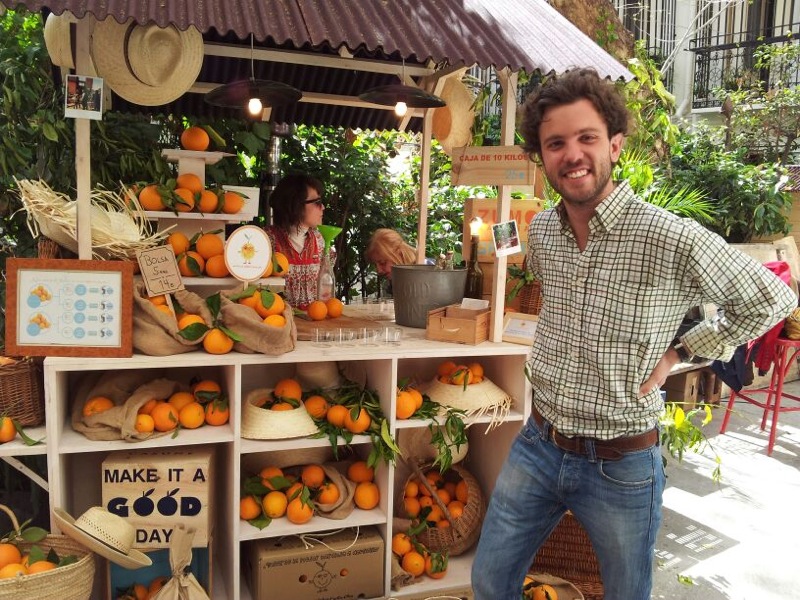
First “Pop Up Store” in Madrid, 2012
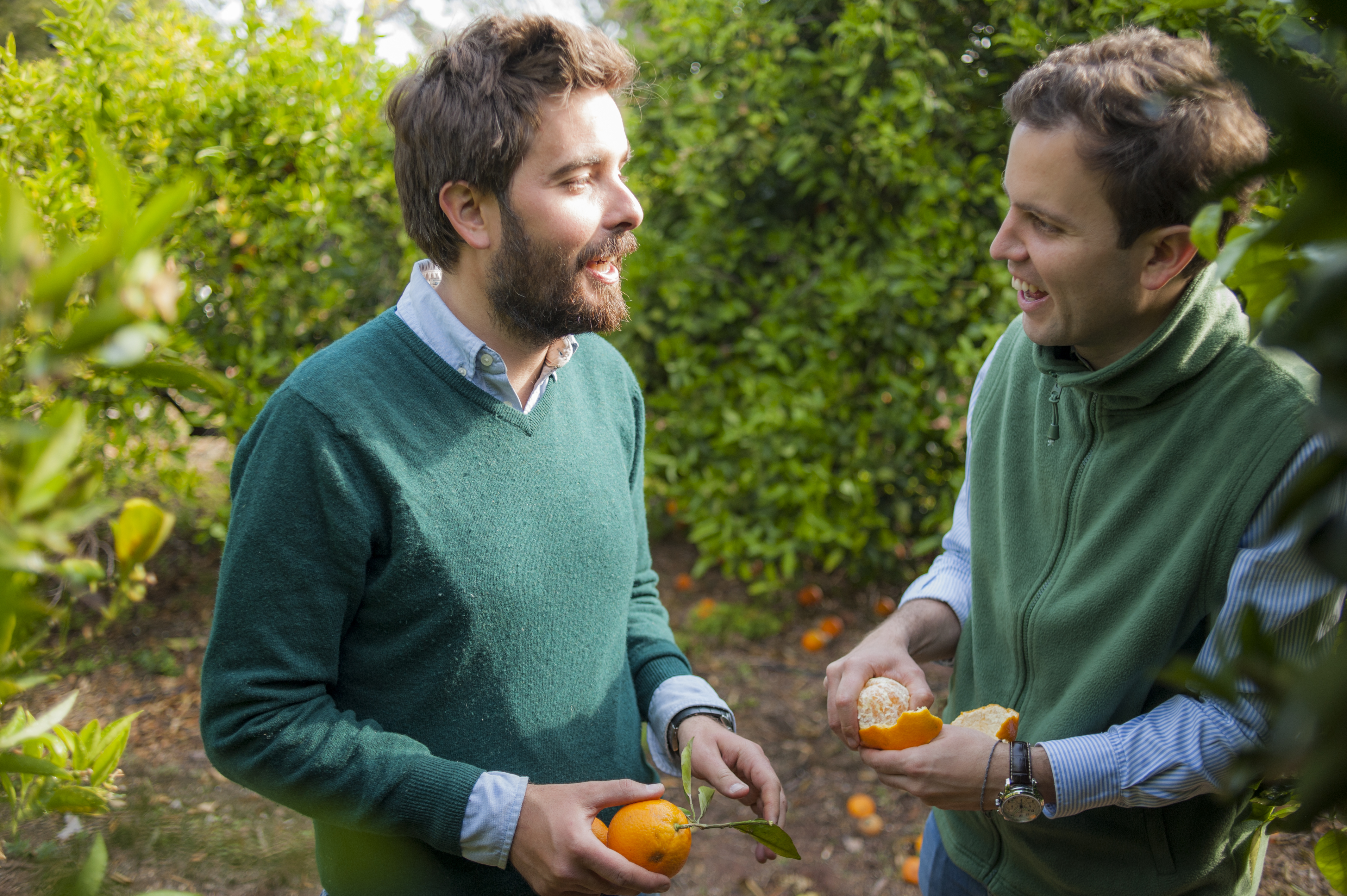
Gabriel & Gonzalo on the day of Gonzalo’s wedding
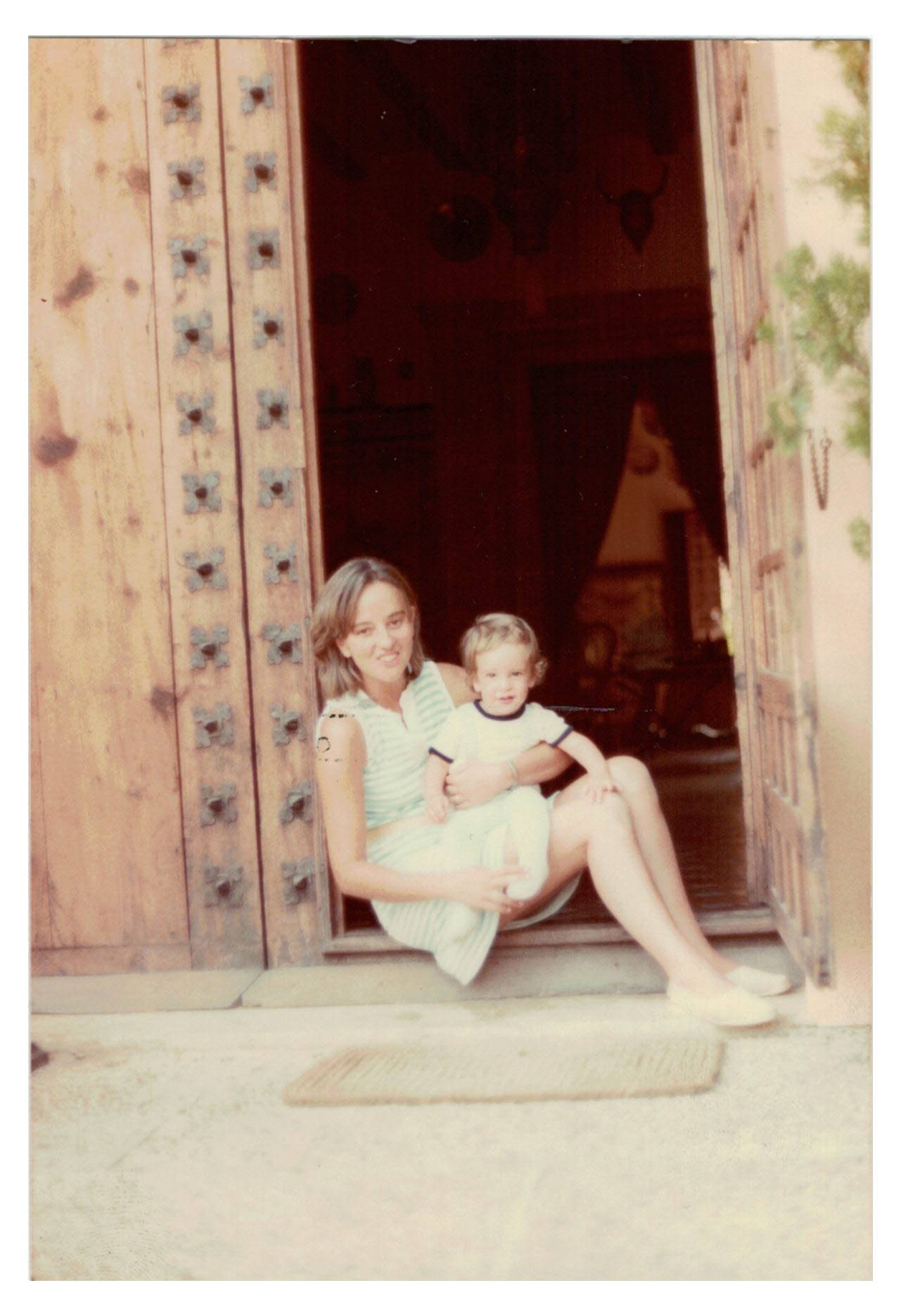
Gabriel as a boy with his mother
View of the citrus field from del Carmen
Gonzalo with the repaired Barreiros tractor (1960)
Gonzalo with the new tractor
Clementine trees and clementines
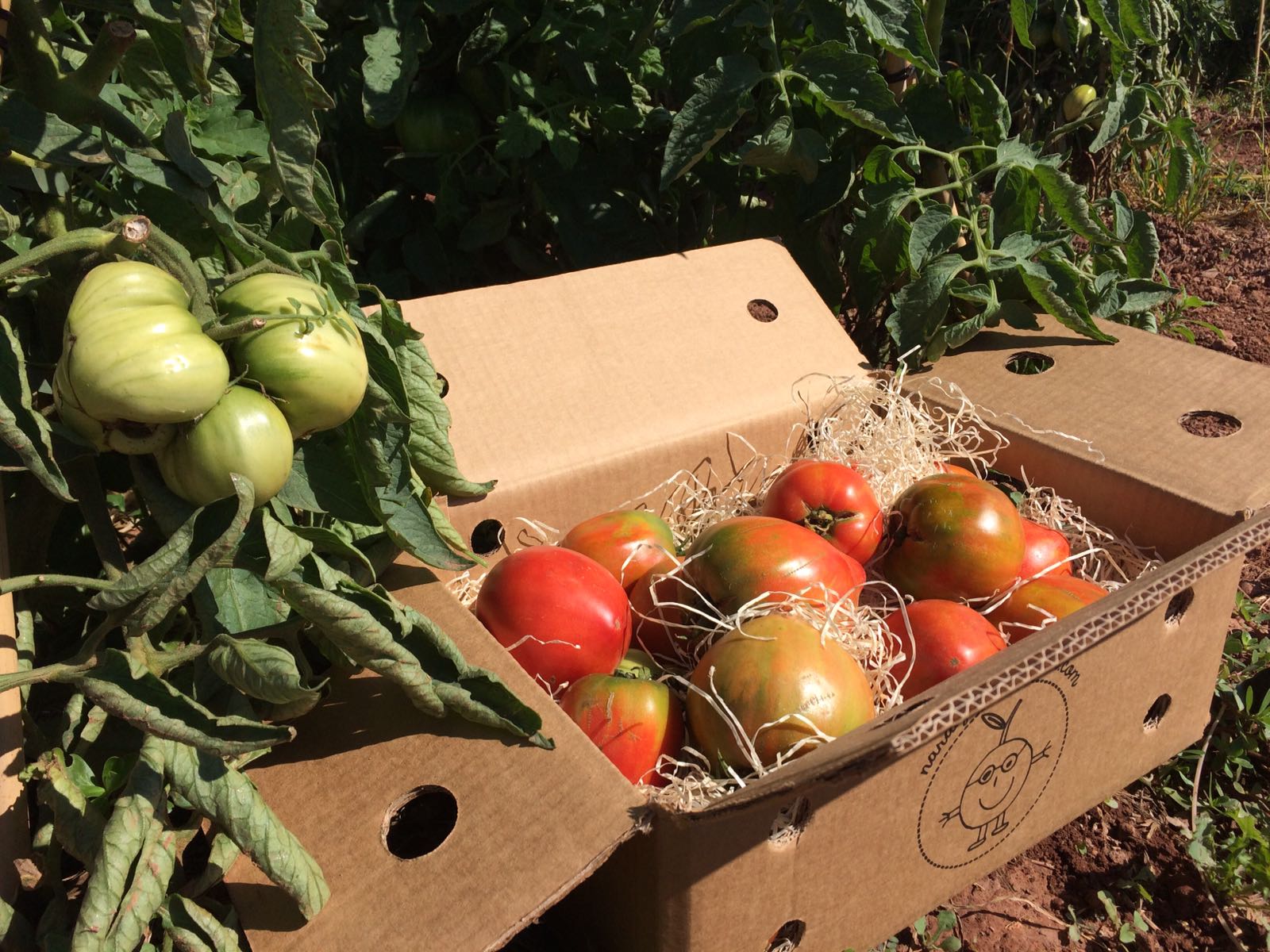
First tomato harvest from our garden
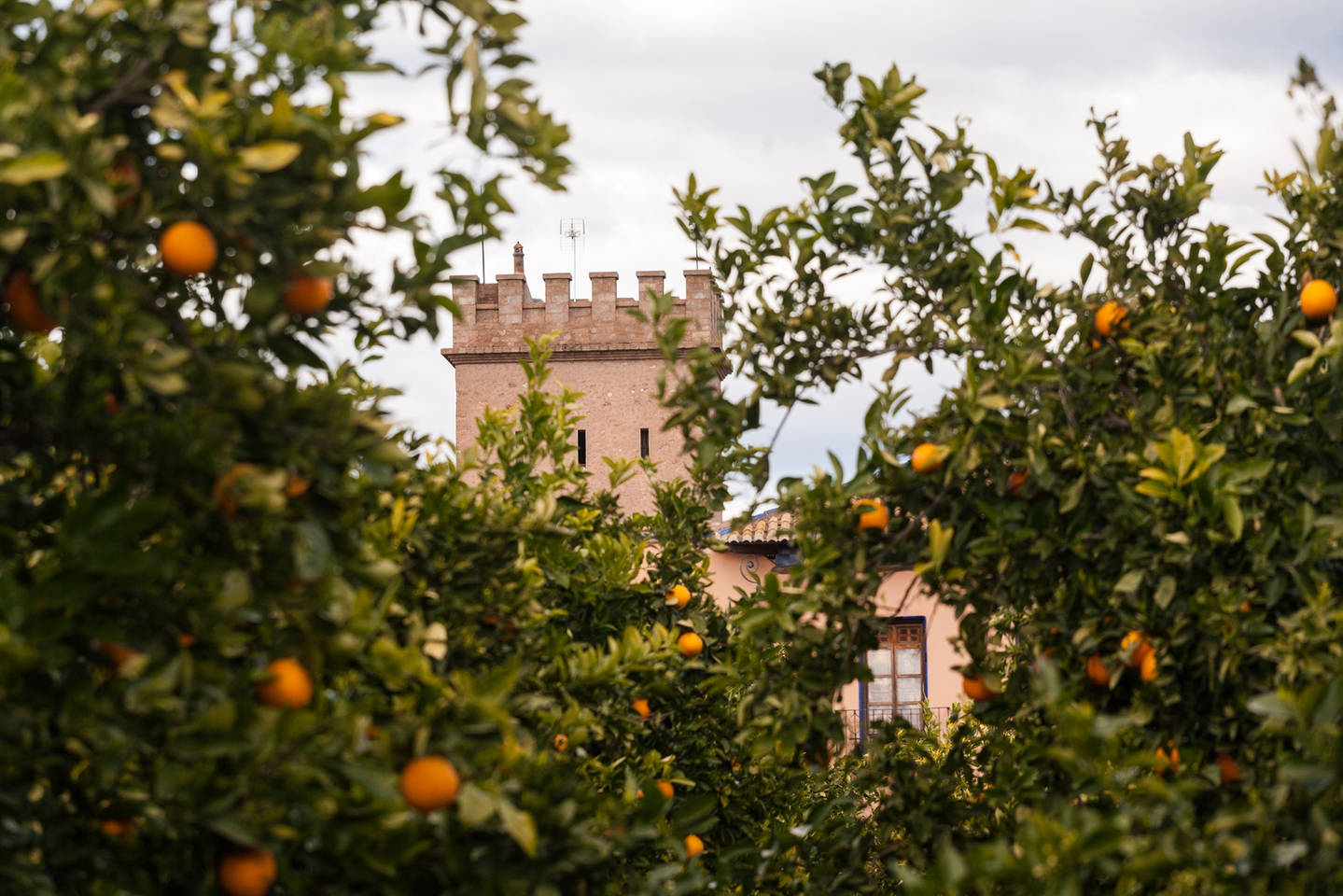
Orange tree with the Masía in the background
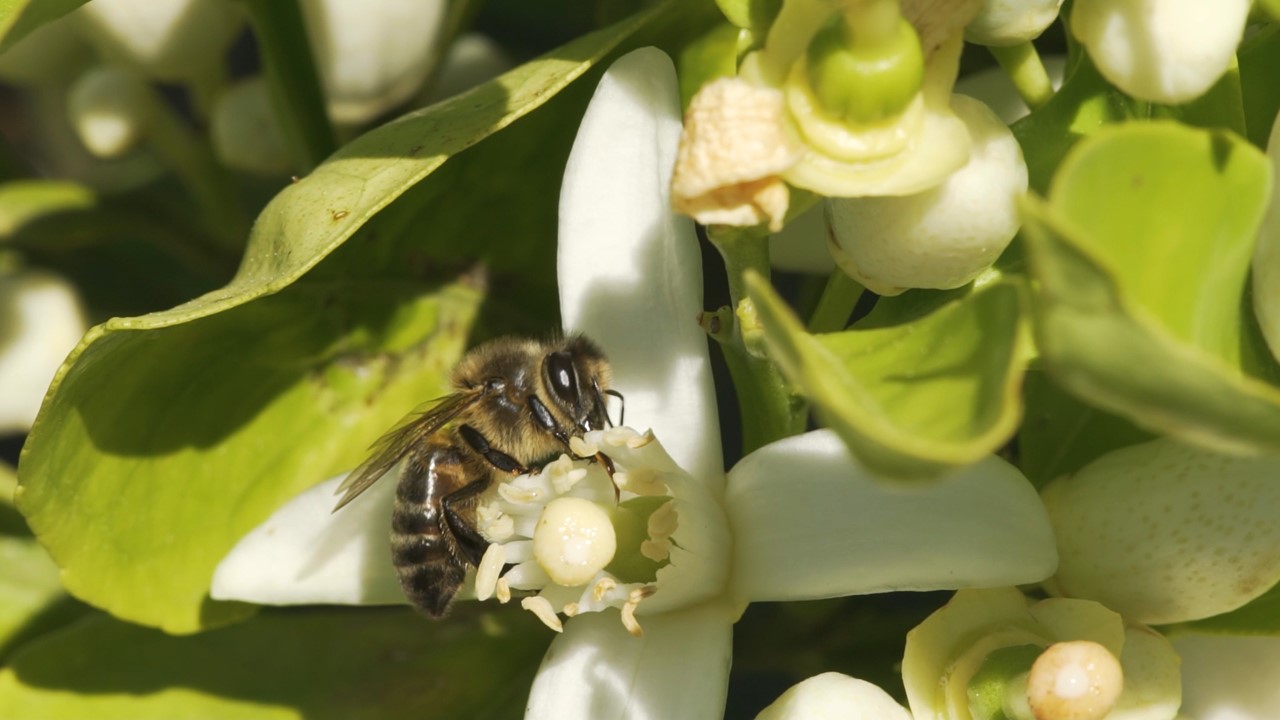
Bee pollinating an orange blossom
Pomelo fields
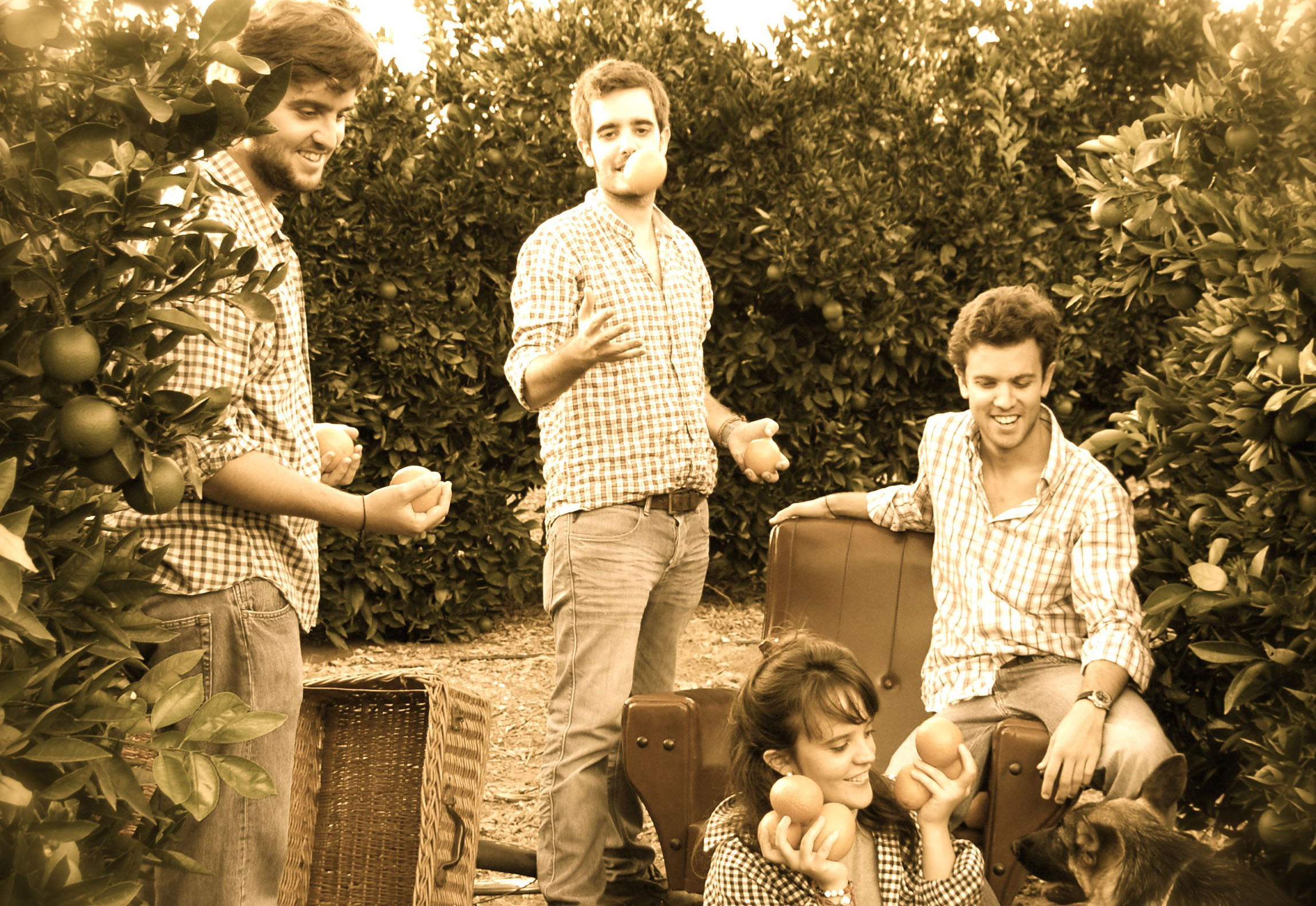
The 4 Úrculo siblings united in the garden (2010)
Our Story

2021
We built our first compost station at El Campillo de Julia. With sheep manure, oil processing waste and pruning waste, we produce compost to enhance the crop's long-term productivity.
We bought El Verger de Alicia, a new citrus fruit, pomegranate and persimmon farm.
We launched two new insectariums to try and stop the Cotonet plague that has been affecting our orange trees. This pest doesn't concern us too much because it only affects the appearance of the fruit, but it can kill the trees if you don't control it.
We removed plastic from all our packaging and started working with gummed paper to seal our boxes, thereby improving the quality of our deliveries.
We bought El Verger de Alicia, a new citrus fruit, pomegranate and persimmon farm.
We launched two new insectariums to try and stop the Cotonet plague that has been affecting our orange trees. This pest doesn't concern us too much because it only affects the appearance of the fruit, but it can kill the trees if you don't control it.
We removed plastic from all our packaging and started working with gummed paper to seal our boxes, thereby improving the quality of our deliveries.
2020
We launched the olive tree project at El Campillo de Julia. Along with our friend and oil connoisseur Miguel Abad, we formed a team to start growing olive trees on a farm with more than five hundred years of history. These olive trees produce the olives to make our extra virgin olive oil. What’s more, we gradually refurbished the house to welcome people who adopt an olive tree with us.
In the orange grove, we set up the first insectarium to breed insects that help us control pests without breaking the natural balance.
In the orange grove, we set up the first insectarium to breed insects that help us control pests without breaking the natural balance.
2019
We achieved to transfer our way of cultivating to our way of shipping by avoiding plastics.
We fixed the windmill that will extract part of the water thanks to the wind.
Project Oasis: We are planning to sow with two goals in mind. On the one hand to achieve that our bees collect pollen and nectar during the whole year. On the other hand that these plants add nitrogen and make our soil more fertile.
We fixed the windmill that will extract part of the water thanks to the wind.
Project Oasis: We are planning to sow with two goals in mind. On the one hand to achieve that our bees collect pollen and nectar during the whole year. On the other hand that these plants add nitrogen and make our soil more fertile.
2018
New farmers join CrowdFarming (www.crowdfarming.com) and enable people from all over Europe to adopt productive units from farmers worldwide and receive their harvest at home.
Those who don’t have a tree yet are reserving their tree for the next planting.
Naranjas del Carmen can offer a save job to more than 40 people having 10 different nationalities, an average age of 32 years and half of them being women, combating various stereotypes: “Young people are fleeing from working in agriculture”, “agriculture is for men”, “organic cultivation is not profitable”, etc.
2017
They have achieved their aim: The once abandoned orange plantation of 2010 has turned into an orchard full of life. Where some years ago dead trees dominated the landscape newly planted orange trees are swaying in the wind. And there is more to it than that: CrowdFarming has allowed to plant the orange trees on demand and thereby to avoid the waste of oranges. All of the orange trees already have an owner that maintains them and waits for his/her harvest to ripe with every new season.
On the 16th of September 2017 Sofía Úrculo, the next generation of the Úrculo family, is born.
Gabriel gives a donkey as a gift to Sofía and they call him “Camilo”. His relationship to the dogs of “El Carmen” is not the best at the beginning. Over time, however, they become good friends.
On the 16th of September 2017 Sofía Úrculo, the next generation of the Úrculo family, is born.
Gabriel gives a donkey as a gift to Sofía and they call him “Camilo”. His relationship to the dogs of “El Carmen” is not the best at the beginning. Over time, however, they become good friends.
2016
The Crowdfarming of bees is launched. More than 200 people adopt a bee family of “El Carmen”. Thanks to Crowdfarming the bee population increases by 12,000 million new bees.
A plaque with the name their owners have chosen for them, can be attached on more than 1,000 trees. The team of Naranjas del Carmen takes a picture of every tree once a year so that their owners can follow their evolution.
A plaque with the name their owners have chosen for them, can be attached on more than 1,000 trees. The team of Naranjas del Carmen takes a picture of every tree once a year so that their owners can follow their evolution.
2015
Next to Gabriel and Gonzalo, Naranjas del Carmen can offer a job to 10 additional people. They prepare an orchard in one part of the finca and begin with the cultivation of typical Valencian fruits and vegetables. They combine, depending on the seasons, different varieties. Over the winter months, artichokes, broccolis, cauliflowers and kohlrabis are the protagonists. In summer, these winter varieties are replaced by tomatoes, water- and honeydew melons.
Thanks to a family member dedicated to winery, the viticulturein cooperation with a small Valencian wine grower begins at Naranjas del Carmen. They decide to produce a red wine based on a fantastic local Valencian grape: the Bobal grape.
This year, they present Crowdfarming to the world, an idea Gabriel and Gonzalo have been working on for many years. From now on, the orange trees are planted directly on demand of those families that order their oranges. Every tree will have a plaque with the name its owner has chosen.
Already 4,000 families trust Naranjas del Carmen with the cultivation and order of their oranges.
Gonzalo: “Our way of working has completely changed overnight. We do not only cultivate oranges anymore, we have to care for every tree as if it was the only one on our fields. Planting every tree knowing that there is someone already waiting for the harvest motivates us even more to give our best.”
Thanks to a family member dedicated to winery, the viticulturein cooperation with a small Valencian wine grower begins at Naranjas del Carmen. They decide to produce a red wine based on a fantastic local Valencian grape: the Bobal grape.
This year, they present Crowdfarming to the world, an idea Gabriel and Gonzalo have been working on for many years. From now on, the orange trees are planted directly on demand of those families that order their oranges. Every tree will have a plaque with the name its owner has chosen.
Already 4,000 families trust Naranjas del Carmen with the cultivation and order of their oranges.
Gonzalo: “Our way of working has completely changed overnight. We do not only cultivate oranges anymore, we have to care for every tree as if it was the only one on our fields. Planting every tree knowing that there is someone already waiting for the harvest motivates us even more to give our best.”
2014
First production of extra virgin organic olive oil in Altura (Castellón), the village where part of the family of their grandfather lived. The oil is extracted from the Arbequina olives.
The renovation of the orange tree begins: They pull out the dead trees and prepare the fields for the plantation of the new ones.
Thanks to word of mouth around 1,000 families order their oranges on the website naranjasdelcarmen.com. A lot of these families come from all over Europe to visit the cradle of Naranjas del Carmen.
The renovation of the orange tree begins: They pull out the dead trees and prepare the fields for the plantation of the new ones.
Thanks to word of mouth around 1,000 families order their oranges on the website naranjasdelcarmen.com. A lot of these families come from all over Europe to visit the cradle of Naranjas del Carmen.
2013
Thanks to the friendship to the beekeeper-brothers José and Miguel Conchilla the first beehives are brought to Naranjas del Carmen. The bees help to pollinate the orange blossoms and make Gabriel and Gonzalo discover the taste of pure orange blossom honey directly from the honeycomb. As a consequence, they decide to turn “El Carmen” into a bee-paradise and to produce and sell orange blossom honey.
Already 500 families order their oranges and from now on, also orange blossom honey.
Gabriel: “We have achieved an oasis for the bees. Not using any herbicides has three advantages: We do not contaminate the soil nurturing our trees, we maintain a balance of the plants and insects and thereby provide the bees with a lot of pollen.”
Already 500 families order their oranges and from now on, also orange blossom honey.
Gabriel: “We have achieved an oasis for the bees. Not using any herbicides has three advantages: We do not contaminate the soil nurturing our trees, we maintain a balance of the plants and insects and thereby provide the bees with a lot of pollen.”
2012
After the first year in charge of the orange plantation of their grandfather and a first disastrous harvest, which they have to sell for very low prices to the intermediaries, the brothers create the brand Naranjas del Carmen to sell the oranges directly to those who will eat the fruits at the end.
Gabriel designs the web and prepares the orders while Gonzalo is in charge of the harvest and the transport. During the first season that can sell, pick and ship their oranges to around 150 families - most of them family, friends and friends of friends.
Gonzalo:”They bought the first box out of sense of duty and because we were a bit annoying. We were talking about oranges all of the time. But after ordering the second and third one we began to believe that they notice a difference.”
Gabriel designs the web and prepares the orders while Gonzalo is in charge of the harvest and the transport. During the first season that can sell, pick and ship their oranges to around 150 families - most of them family, friends and friends of friends.
Gonzalo:”They bought the first box out of sense of duty and because we were a bit annoying. We were talking about oranges all of the time. But after ordering the second and third one we began to believe that they notice a difference.”
2011
Gabriel (28) and Gonzalo (25) decide to leave their jobs behind, in order to bring the plantation of their grandfather back to its former glory. It has been abandoned over the last years and half of the trees are dead. They do so during the economic crisis in Spain. Hence, the prices the farmers receive have reached a minimum.
They take out a loan to buy a new tractor and renovate the irrigation system of the trees.
With the help of their younger siblings (Fernando and Patricia), their parents and friends the orchard can be put into operation again.
They take out a loan to buy a new tractor and renovate the irrigation system of the trees.
With the help of their younger siblings (Fernando and Patricia), their parents and friends the orchard can be put into operation again.
2000
The grandfather Fernando Alvarez-Ossorio dies at the age of 83. His grandchildren inherit the orchard. However, they are still too young to take care of it. Gabriel and Gonzalo Úrculo Alvarez-Ossorio go to school and will start their university careers soon.
Thanks to the Erasmus programme they spend some time abroad: Gabriel goes to England and Gonzalo lives in Germany for a while. During this time they realize that the quality and freshness of the oranges consumed in these countries have nothing to do with the oranges they eat on their finca “El Carmen” directly from the tree.
1972
Fernando Alvarez-Ossorio buys the “Masia el Carmen” in Bétera (Valencia) and plants the first orange trees. In the 70s. 80s and 90s the cultivation of oranges is its golden age. One entire family can make a living from a small orange plantation.
Press

Telediario TVE
02/10/2017


Interview el HUB - Non Stop People
02/10/2017

NDR - Weltbilder
02/10/2017

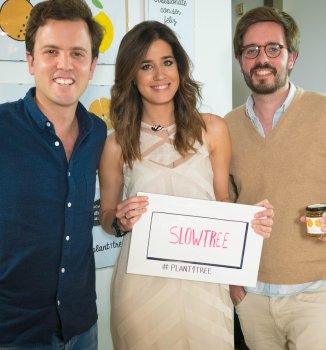
Interview Telva - Isabel Jiménez
02/10/2017


Deutsche Welle
02/10/2017
In case you need more information, have a question or would like to arrange an appointment, just use our contact form or give us a call.
IMPORTANT: If you want to visit our orchard, please arrange an appointment with us from Monday to Friday at least 14 days before using our contact form. Visits without appointment cannot be attended.
Location of our Orchard
Delivery country
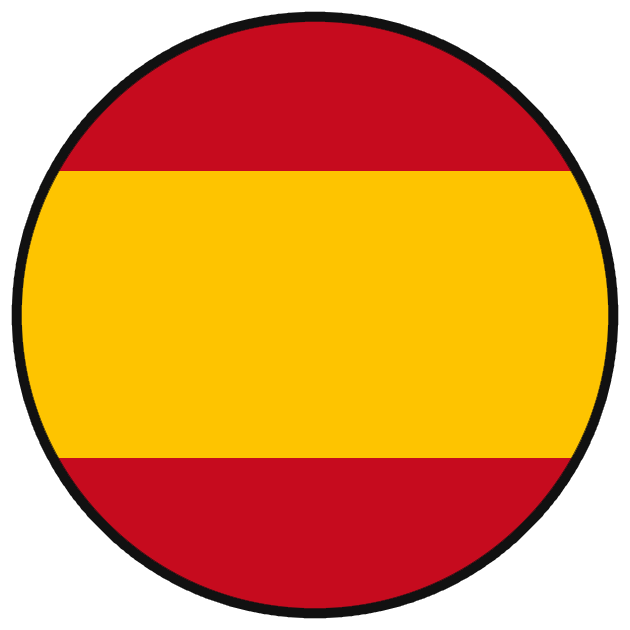
Spain

Germany
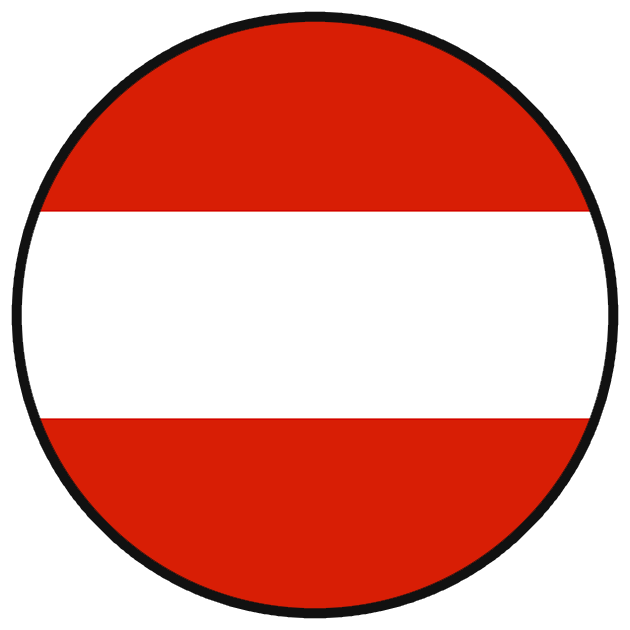
Austria

France
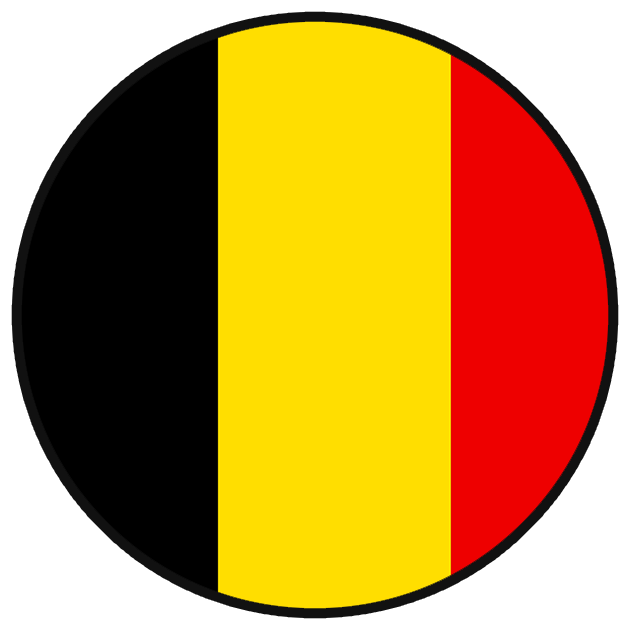
Belgium

UK
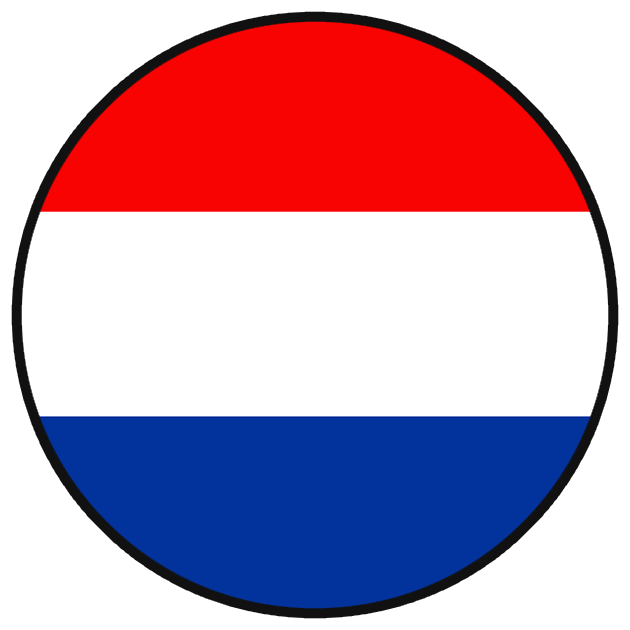
Netherlands

Switzerland
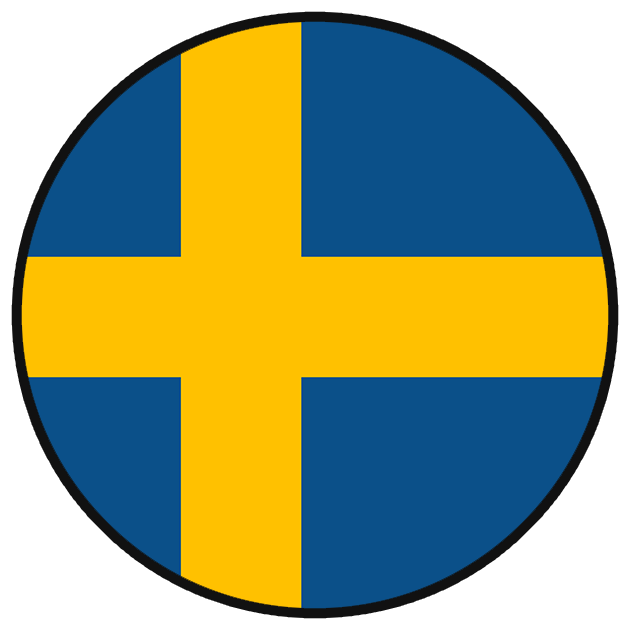
Sweden
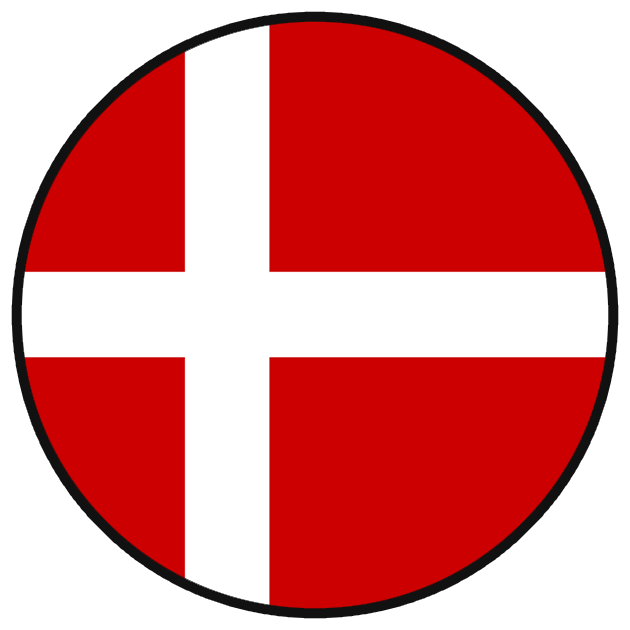
Denmark
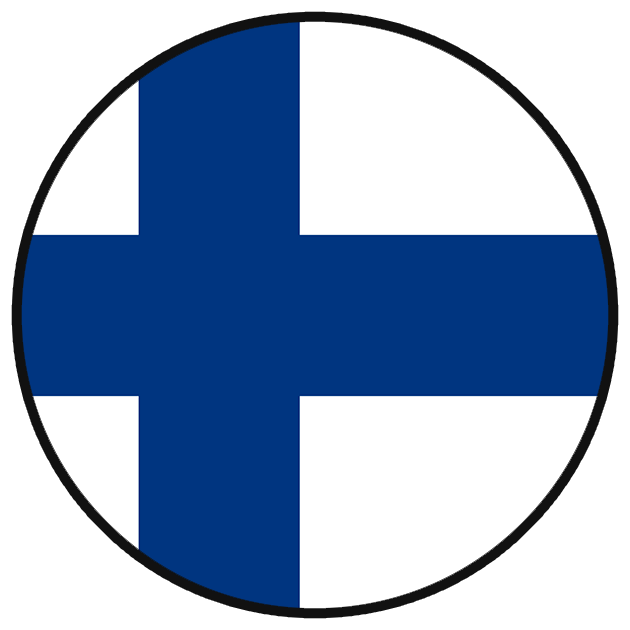
Finland

Ireland
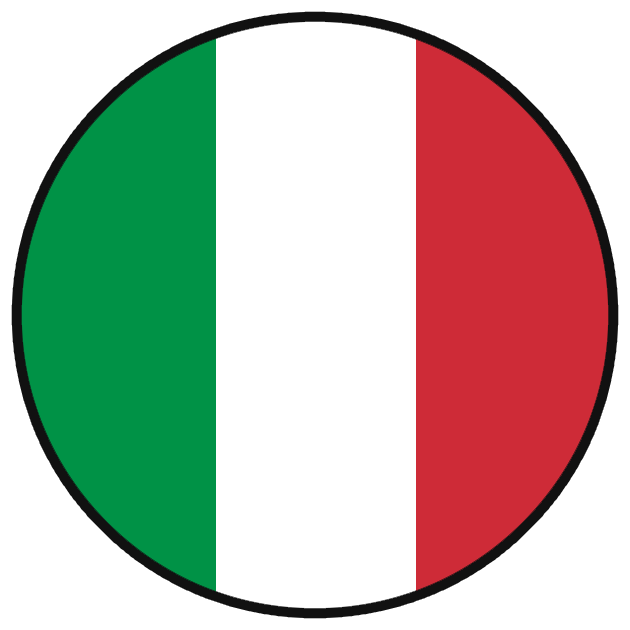
Italy
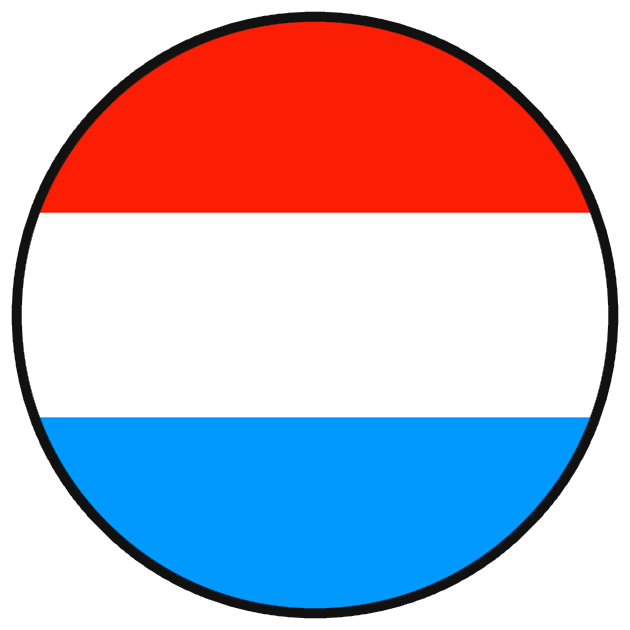
Luxembourg
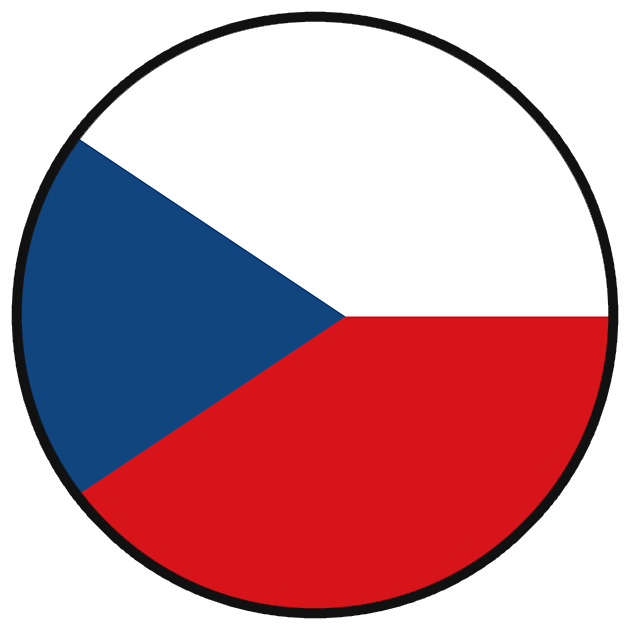
Czechia
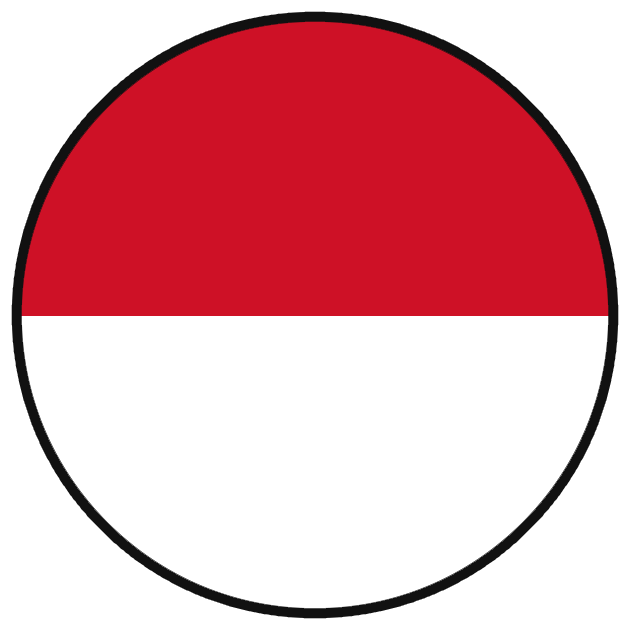
Monaco
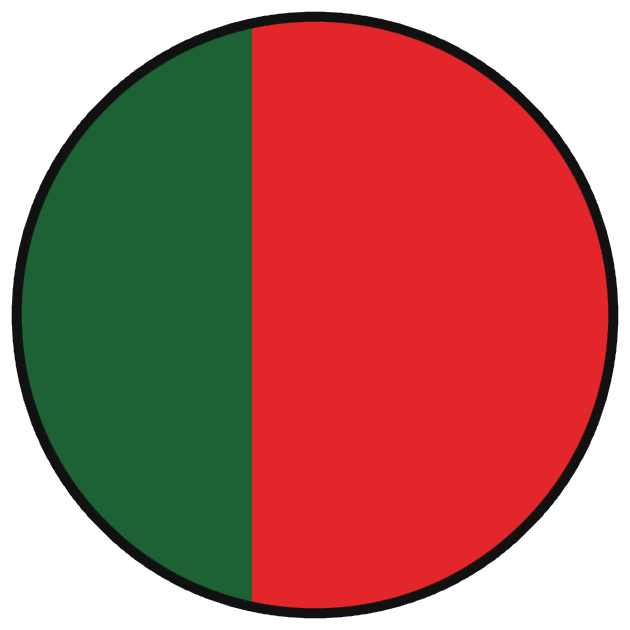
Portugal

Pick-Up
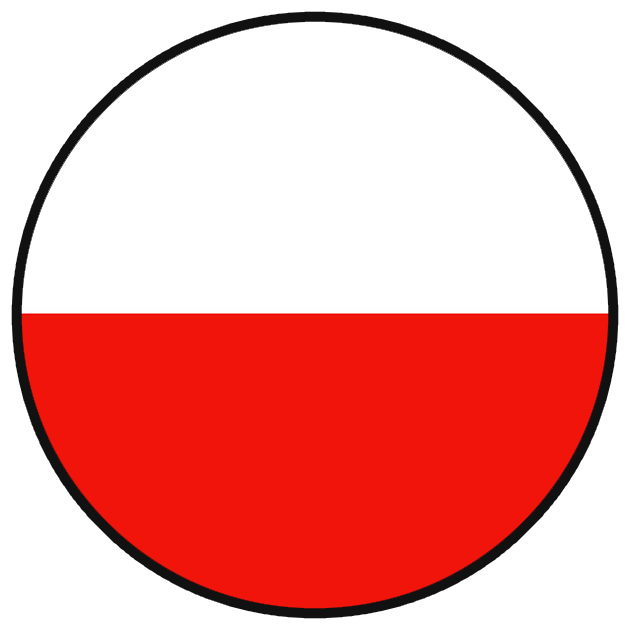
Poland
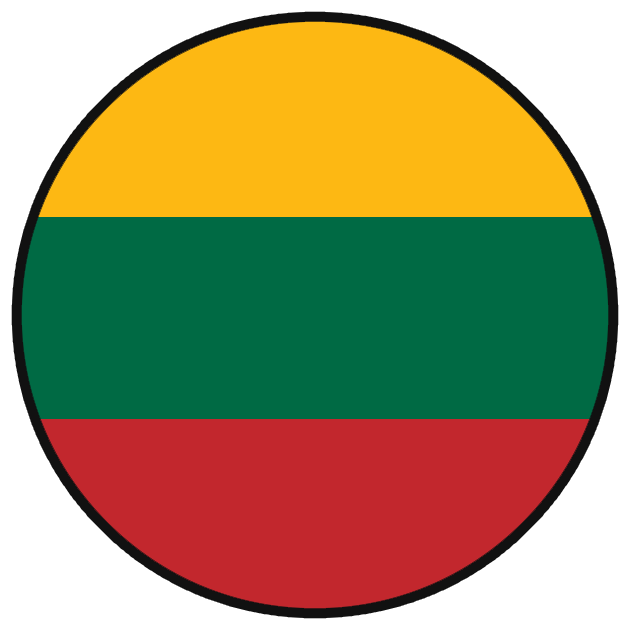
Lithuania
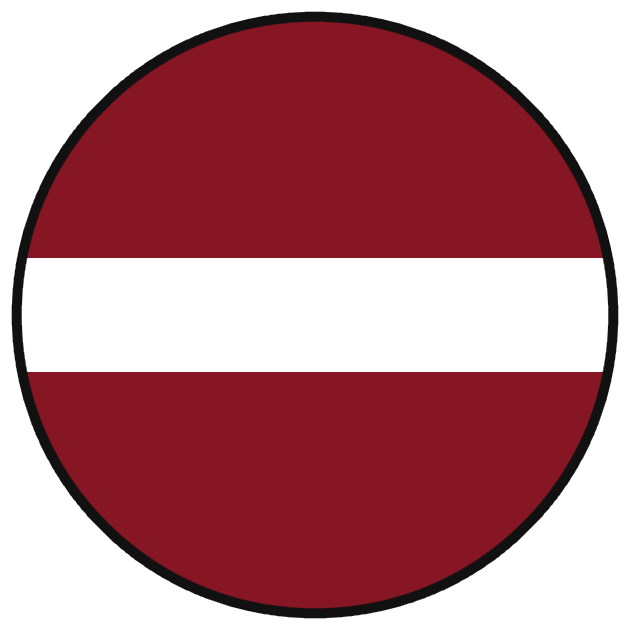
Latvia
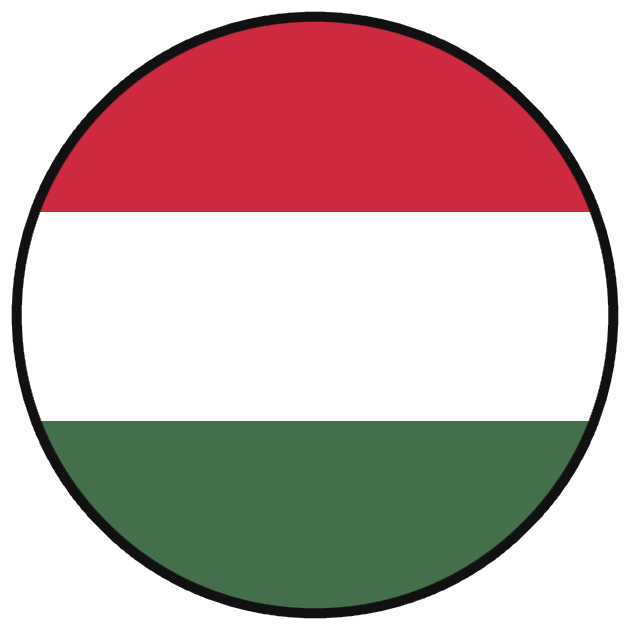
Hungary
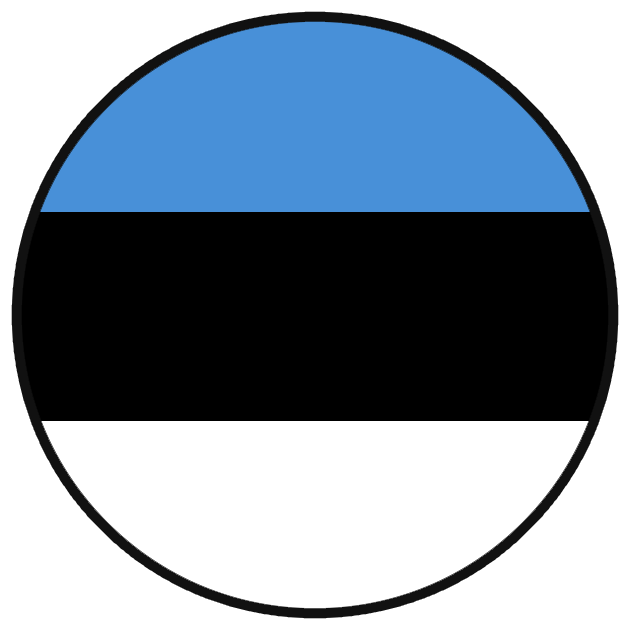
Estonia

See more...
Our oranges are now enjoying their well deserved summer hibernation, so unfortunately we can't offer you any oranges...
But don't worry, because right now, for the first time ever, we are offering delicious pumpkins from our summer garden!
We return to citrus fruits with the mandarins in November. If you'd like to stay informed about their progress, leave us your email so we can make contact once they are ready!
(*I have reed and accept the Privacy policy.)
But don't worry, because right now, for the first time ever, we are offering delicious pumpkins from our summer garden!
We return to citrus fruits with the mandarins in November. If you'd like to stay informed about their progress, leave us your email so we can make contact once they are ready!
(*I have reed and accept the Privacy policy.)

Our harvest is limited. Please leave us your contact details if you would like to be informed about the harvest periods of our orchard:
Thank you for your interest in our products. We will inform you about the harvest periods of our plantation.
It seems there has been a problem, please try again.
You can adopt an olive tree or adopt an orange tree throughout the whole year.





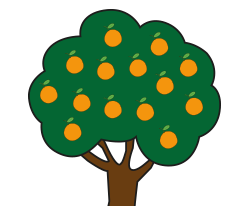 My account
My account